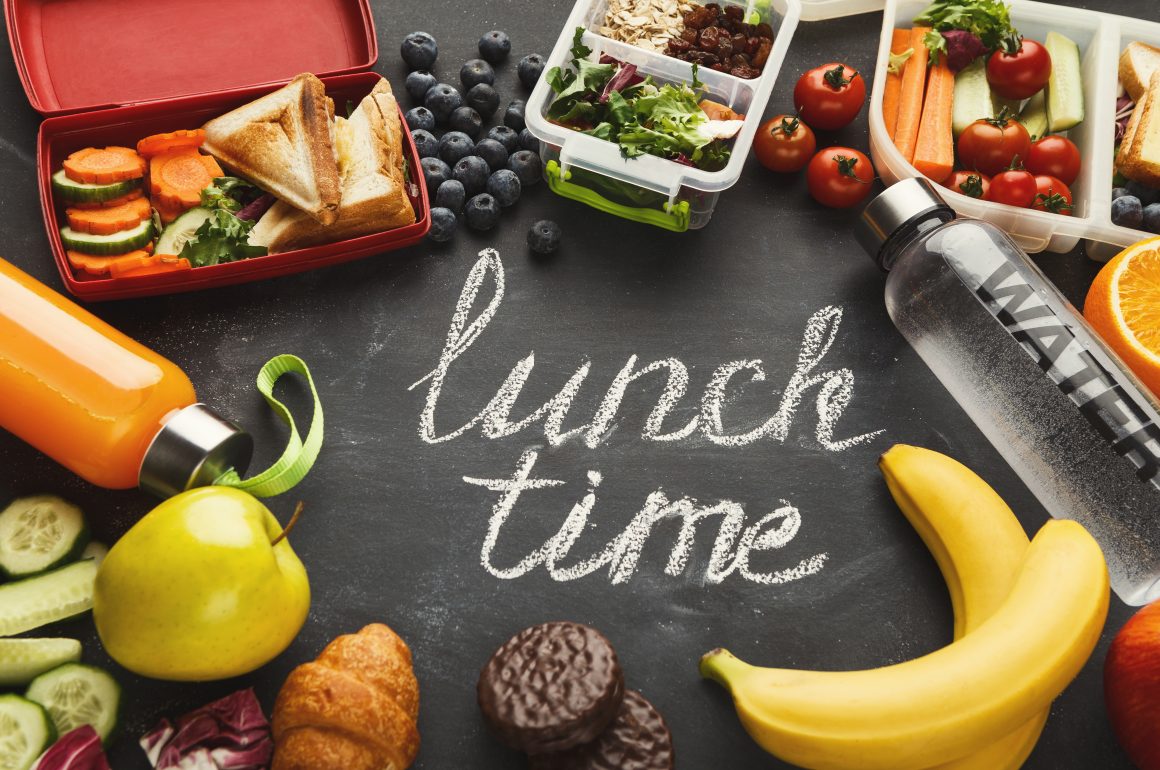
1. Stay organized
This point is super important, the more organized you are the easier you’ll find your products and notice what you need to rebuy and you stop wasting food. I prefer using air tight glasses for most of my products for example, chia seeds, beans, nuts, cereals, pasta, powders , and more. You can see how much you have left and most of the glasses are easy to clean or dishwasher safe. In the past I noticed I wasted a lot of money on herbs because my herb rack wasn’t organized at the beginning and buying standard herbs and spices all the time can cost a lot of money.
2. Make a shopping list and stick to it
When your pantry is organized and easily accessible you know what you need to buy or what not. Take the time, sit down and write a shopping list. Write down all the products you’ll need for the week ahead and make sure you know where you can buy them. I would not recommend running around in a bunch of different stores because you waste time and money on your gas. I get beans, rice and other things I don’t have to rebuy every single week from Trader Joe’s – they are cheaper and usually close to your home. For fresh products for example, vegetables, fruits, fish and meats I go to a farmers market or my local grocery store. Make sure you stick to your list and look out for savings. If you get the chance of buying a lot of fresh fruits cheaper, go for it and make sure you store the rest in your freezer which you can use later for smoothies. If you stick to your list you won’t end up with emotional buying.
3. Buy whole, fresh, seasonal and local products instead of processed – or junk food
This is another super important point in my opinion. Always make sure to buy groceries which are in season. You safe money and you can take care of the planet on top of it. Products that are not in season will be shipped from other countries or come by plane. The products are not ripe when harvested and they have a long journey ahead. I always recommend going to a farmers market where you will find local products. They are not always cheaper so make sure you know what you need and if there might be a cheaper grocery store option.
4. Cook at home
Eating out is expensive and not always healthy. It’s hard to find out where the products come from or how they were prepared. If you cook at home you have always the chance to prepare your food in larger quantities and you can store leftovers easily in the fridge or freezer.
5. Meal Prep
As mentioned above, cooking at home allows you to prepare your food in larger quantities. Besides the fact that you won’t waste a lot of products, you also have the chance to cook for the days ahead. If you have a prepared meal at home there is no stress of running around after work and finding something to eat or consider ordering food. Take the time on a Sunday and prepare your food for the week ahead. I store Monday until Wednesday in the fridge and the rest in the freezer. Stay organized as well and pack snacks like nuts or fruits so you don’t have to buy anything when you are on your way to work.
6. Pack your lunch
One of the most expensive things is ordering lunch into your office or going out every single day. Be prepared and bring your leftovers with you! You have your food, know all of the ingredients and don’t have to worry about additional costs.
7. Make your own dressings
Dressings or prepared sauces are expensive and not really healthy. The best thing is if you start making your own dressings and store them for 7-10 days in your fridge. Make sure you always use glass, airtight containers which are clean. Depending of your ingredients make sure you don’t forget them in your fridge. The easiest dressings are made of olive oil, vinegar, salt and pepper – all of the ingredients you already have at home. Why would you consider buying it?
8. Broaden your culinary horizons
Try out different cuisines from around the world. India or Thailand has super tasting dishes and you need besides vegetables, rice and a protein source a bunch of spices. Some cultures eat healthy on a super tight budget but that doesn’t mean it has to be boring. Use different spices and herbs and enjoy your dish. One of my favorites is vegetable curry – easy to make, cheap and easy to store. You can add beans into it for a protein source.
This is my personal list and all of these tips worked very well for my diet and lifestyle. I’m not saying that this is the “perfect blueprint” but maybe it could be a good start for you as well.




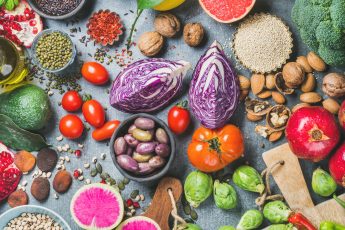

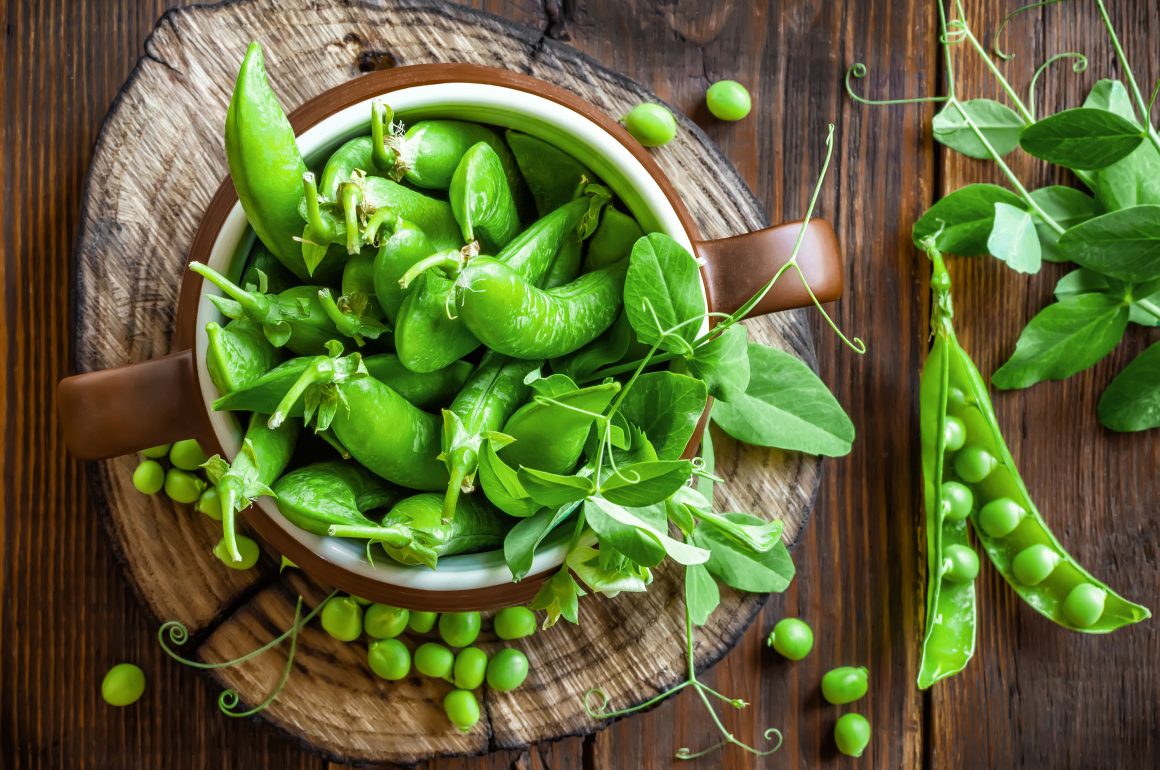
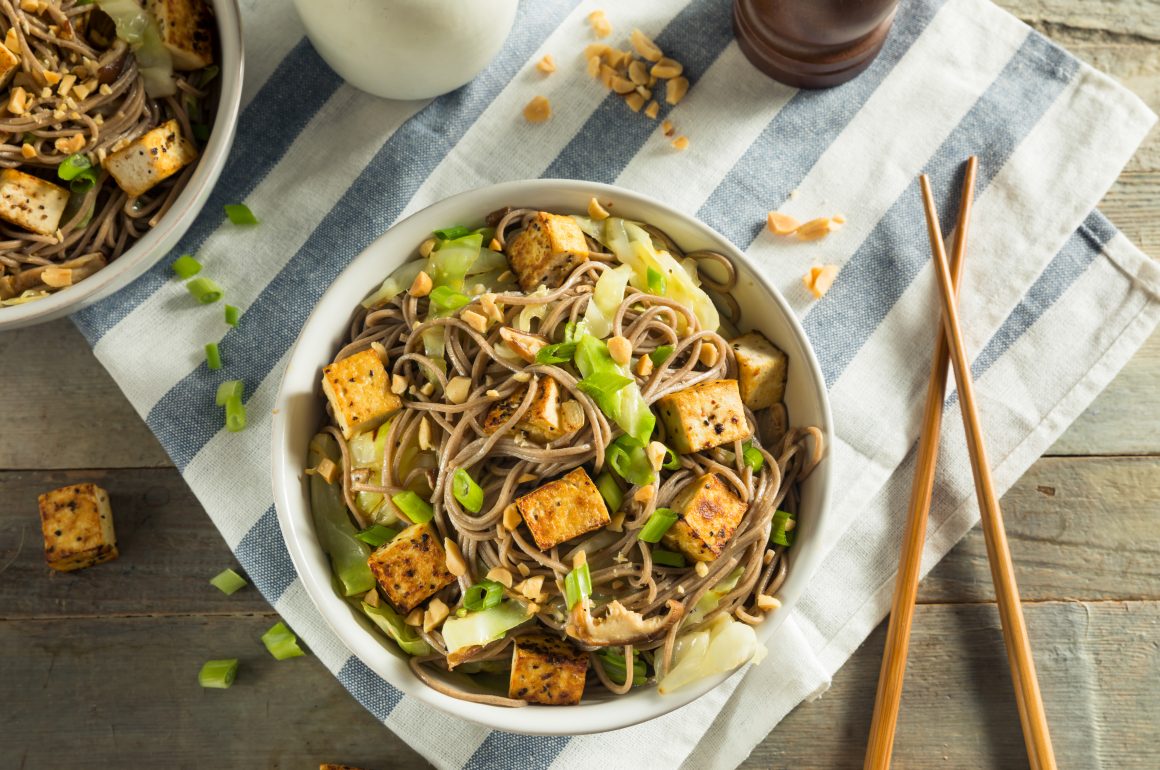
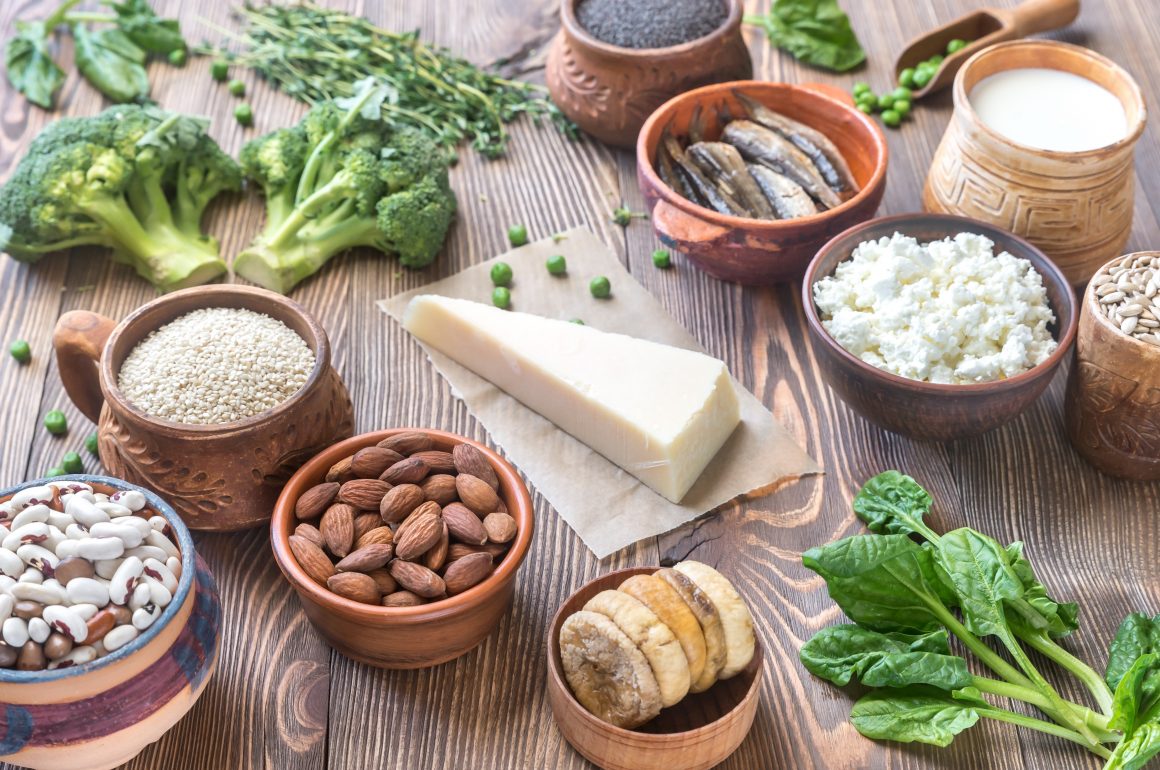
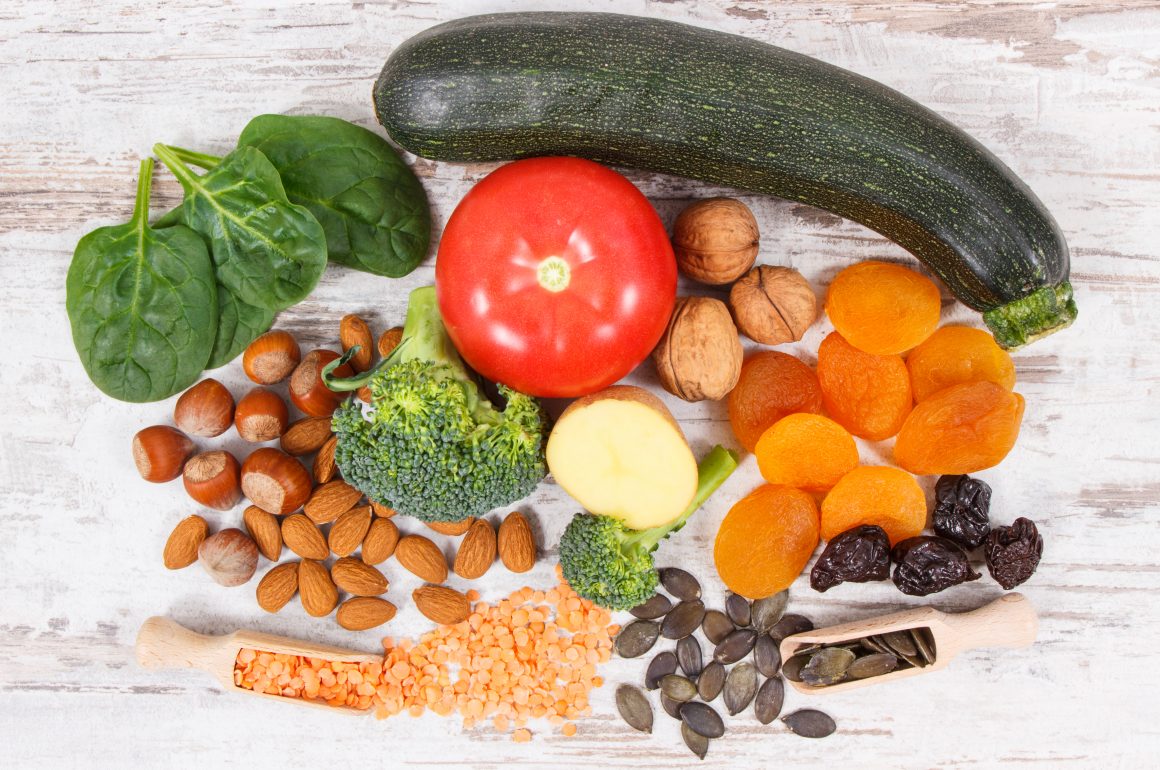
Leave a Comment